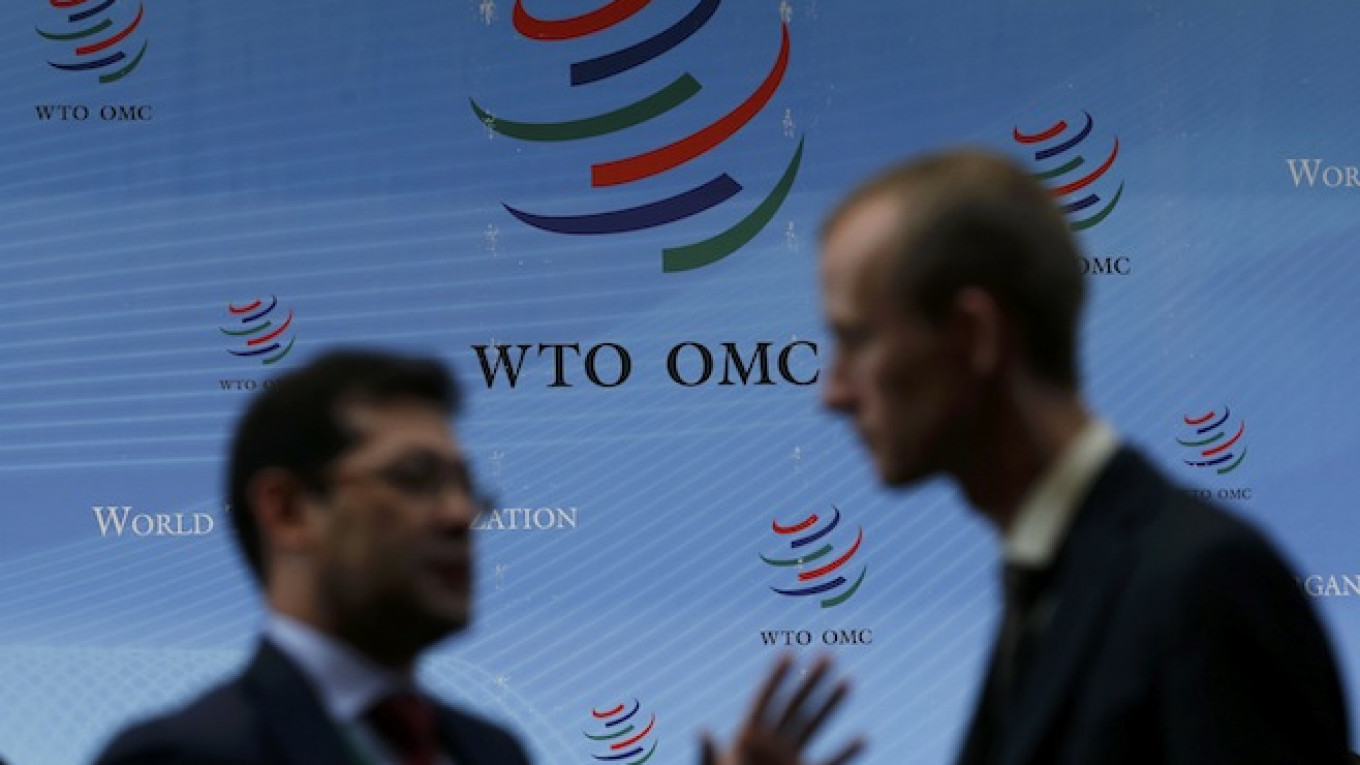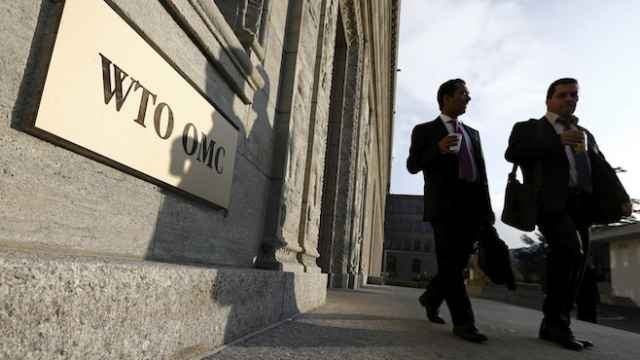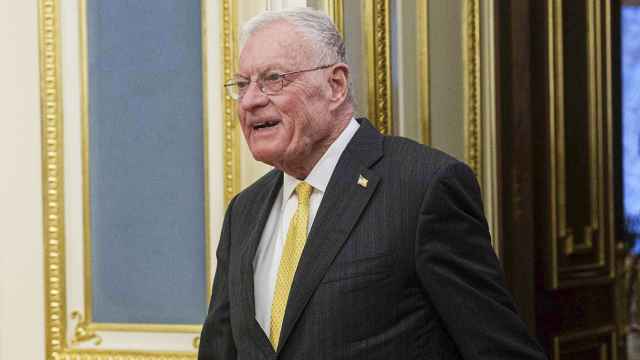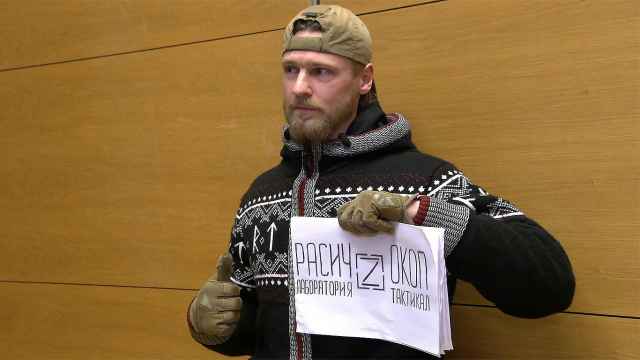LONDON — Russia has complained that a U.S. move to scrap a 15-year-old deal sheltering Russian flat-rolled steel producers from high import duties is inconsistent with World Trade Organization rules.
The move comes as Western sanctions over Moscow's actions in Ukraine, together with a plunge in world oil prices, have pushed the Russian economy to the brink of recession.
The so-called U.S. suspension agreement has sheltered Russian steelmakers from steep anti-dumping duties on hot-rolled, flat-rolled, carbon quality steel, instead setting a cap on imports and a minimum price.
It was scrapped on Dec. 19. As a result, Russian steelmaker Severstal now faces anti-dumping duties of 74 percent, while other producers like Novolipetsk Steel and Magnitogorsk Iron and Steel Works face duties of 185 percent.
In a letter to the U.S. Department of Commerce this month, Russia's trade representative to the United States, Alexander Stadnik, said the rates calculated were originally based on methodologies used for countries with non-market economies.
The U.S. Department of Commerce ruled in 2002 that Russia was no longer a non-market economy, and the country joined the WTO in 2012.
"Since the original investigation Russia has joined the WTO, and has implemented further market reforms that have increased the transparency and predictability of its marketplace, and thus made it easier for foreign firms to compete in Russia and have therefore expanded competition within that market," said Stadnik in the letter, dated Dec. 12. "In this case, imposing a non-market economy rate is inconsistent with the WTO rules."
U.S. steel prices are at their lowest since October last year, according to data compiler CRU, and industry representatives hope protective measures against imports of Russian steel could support them.
In their submission to Commerce, Severstal, Novolipetsk and Magnitogorsk said the duties were punitive because they were calculated 15 years ago under a different economic situation and dumping methodology and based on outdated prices.
But U.S. producer Nucor said it was normal procedure to apply the duty rates calculated in the original investigation.
The U.S. Department of Commerce was not immediately available for comment.
A Message from The Moscow Times:
Dear readers,
We are facing unprecedented challenges. Russia's Prosecutor General's Office has designated The Moscow Times as an "undesirable" organization, criminalizing our work and putting our staff at risk of prosecution. This follows our earlier unjust labeling as a "foreign agent."
These actions are direct attempts to silence independent journalism in Russia. The authorities claim our work "discredits the decisions of the Russian leadership." We see things differently: we strive to provide accurate, unbiased reporting on Russia.
We, the journalists of The Moscow Times, refuse to be silenced. But to continue our work, we need your help.
Your support, no matter how small, makes a world of difference. If you can, please support us monthly starting from just $2. It's quick to set up, and every contribution makes a significant impact.
By supporting The Moscow Times, you're defending open, independent journalism in the face of repression. Thank you for standing with us.
Remind me later.






